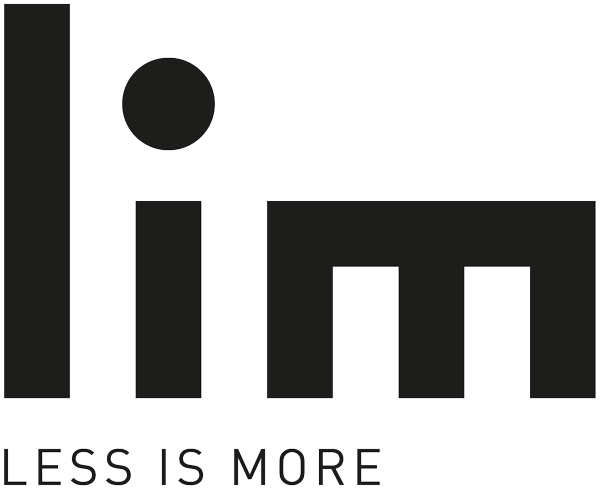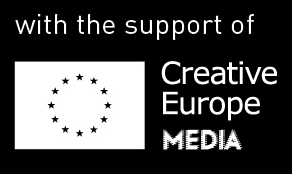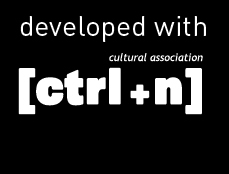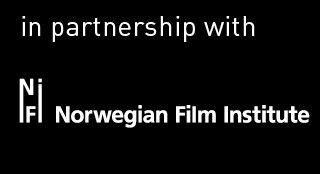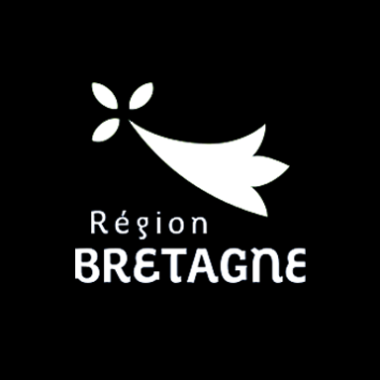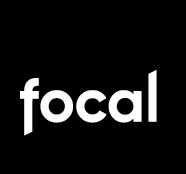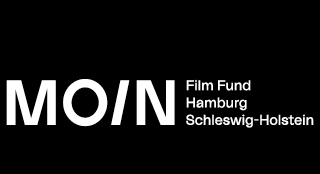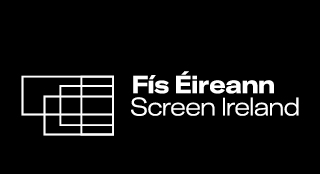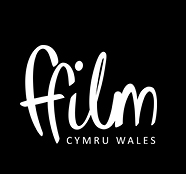Bringing together Screenwriters & Researchers
StoryTANK, European Think Tank created by Le Groupe Ouest & LIM | Less is More
Powered by Creative Europe — MEDIA
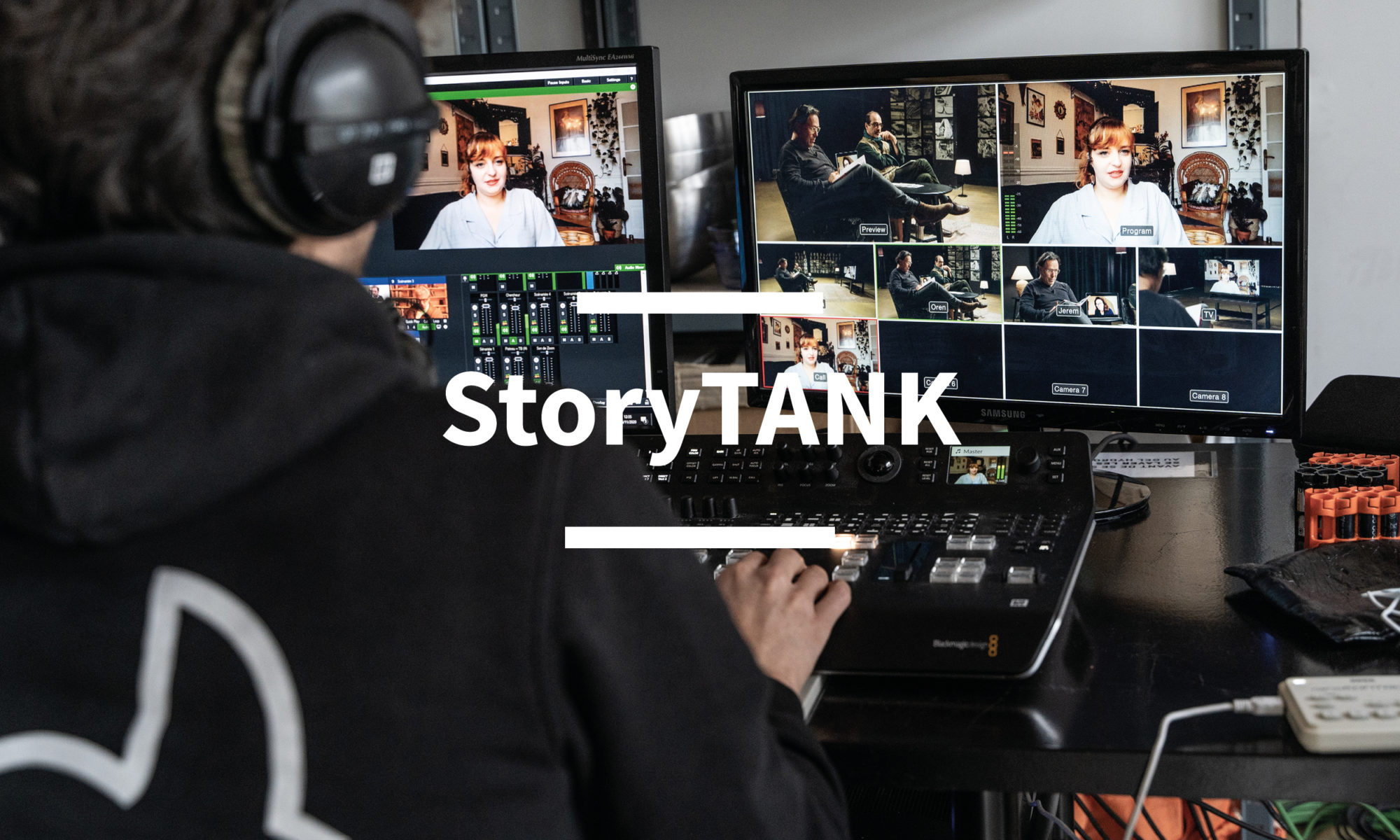
The StoryTANK opens new perspectives and new angles of understanding on one of the most complex and fascinating professions: that of the scriptwriter, the storyteller, the writer of fiction or the creator of singular worlds.
The manufacturing of narrative addresses fundamental issues, not only of an artistic nature, but also anthropological, societal, political and prospective. The function of narratives is to bring communities together through shared visions, emotions or constructions of the imagination.
Today, films, series and globally all narrative conveyed by the moving image, have become the life blood for our societies’ representations and projections.
For the better, and sometimes for the worse: over the past twenty years, the degradation and massive global export of a certain type of Hollywood narrative, particularly popular among younger generations – films for the box office promoting weapons, brutality, violence and superheroes – now raises a worldwide challenge. It’s as if we are facing a sort of breakdown in our capacity to dream, to embrace new horizons, to provide alternative models for the new generations.
Europe’s strength lies in its own distinctive traits which are too often considered as banal: its rich cultural diversity, its secularism, its own unique experiences, the personal stories embracing social criticism. Since the Age of Enlightenment, the fabrication of narrative in Europe covers a variety of themes rich with nuances and the ability to question the world which are unique in the world.
It would appear therefore, that regaining proficiency “storytelling” with a constructive and receptive view on new methods, has become a fundamental lever in the crafting of meaning, as well as a humanist “soft power” tool in a disorientated world. The challenge in creating stories proposing themes other than violence, and the need for contemporary stories projecting as many alternatives and collective representations as possible, has become crucial.
This is why LIM launched the StoryTANK
From a humanistic perspective, the key aim of StoryTANK is to build a European coalition of talent and researchers to refine our understanding of how narratives work, how fiction is constructed and how meaning emerges, clear of the systematized and symbolized archetypes produced by Hollywood. We aim to bring skilled film and fiction writers together to work proactively, pragmatically with researchers in fields juxtaposing narrative (cognitive sciences, human sciences, physiology…).
The StoryTANK lies within a middle and long-term perspective, as the final work that will be created is destined as much for the future generations of film professional and storytellers, as for the future spectators of stories carried by movie images.
The structure of the StoryTANK hinges on two axes
Well-aimed research workshops putting together experienced screenwriters, together with researchers in adjacent domains chosen for their potential contributions in the areas of elaboration and/or perception of the story. The object here is to open new perspectives or understanding of the field.
At the outcome of each workshop, the screenwriters and/or researchers will take part in public interviews or filmed masterclasses, broadcasted on the StoryTANK’s social media.
StoryTANK is created by Le Groupe Ouest & LIM | Less is More, with the support of Creative Europe – MEDIA, processed by Atelier 7 & Les Parasites, developed together with LIM partners.
—
A European laboratory that accompanies authors of fiction during their writing process, Le Groupe Ouest lies at the crossroads where the needs of authors and institutions of a growing number of countries intersect. From not only the four corners of Europe, but also from the Indian, African or Middle East subcontinents, convergent requests come to Le Groupe Ouest: How to guide the new generation of writers? How to best help them give birth to their intentions through narrative means?
